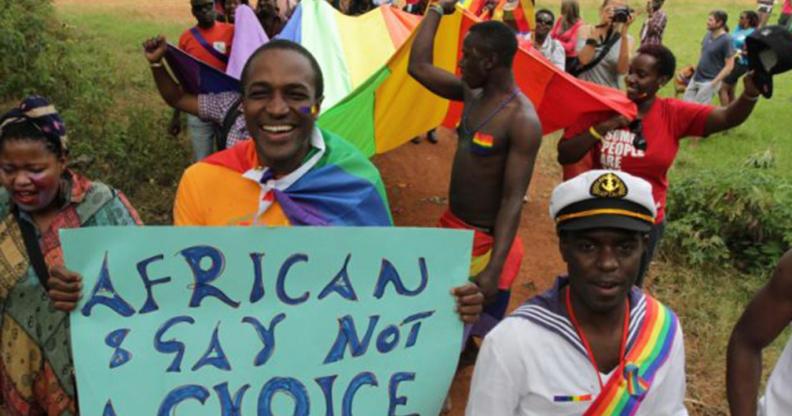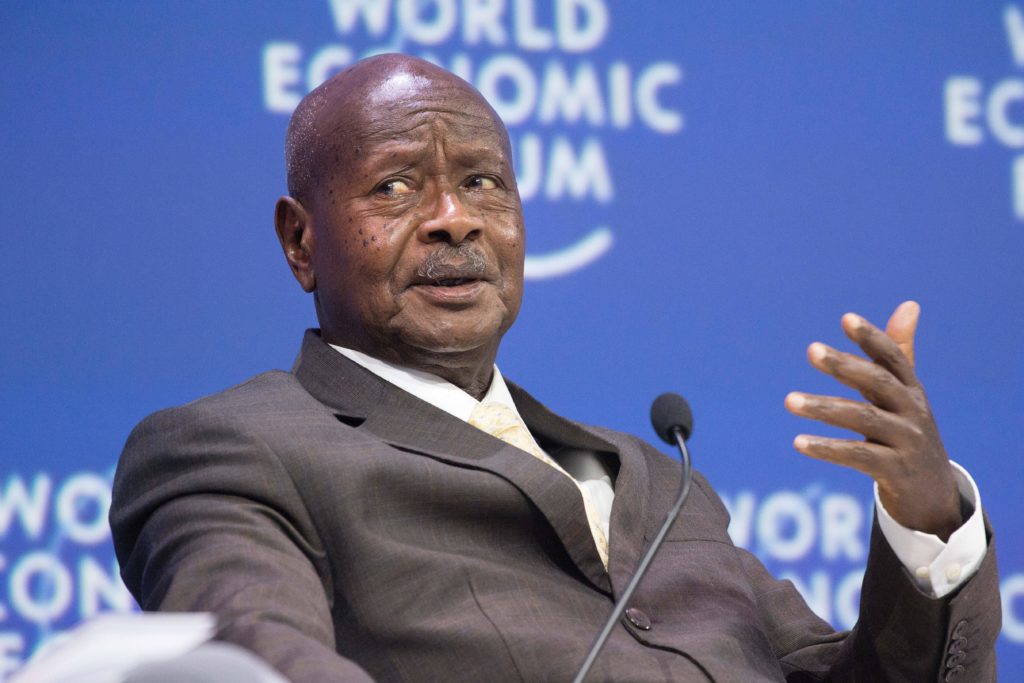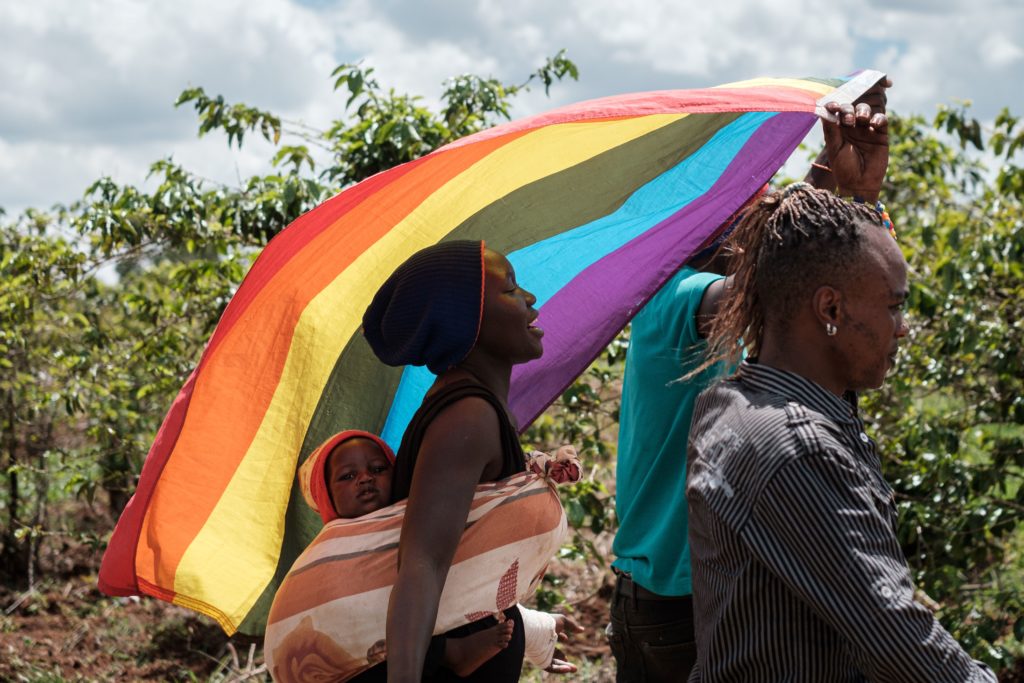Uganda u-turns on ‘Kill the Gays’ bill, says country won’t be putting gay people to death

Uganda will not impose the controversial death penalty for gay sex, a presidential spokesperson said earlier this week.
LGBT+ activists and aid donors were wrapped in unease and fear after a Ugandan minister took to TV to assert that the government planned to re-introduce an anti-homosexuality all in parliament within weeks.
The bill – colloquially called ‘Kill the Gays’ in the country – was thwarted on a technicality five years ago.
Ugandan government has ‘no plans’ to introduce death penalty for gay sex.
But a spokesperson for President Yoweri Museveni on Monday said the government has no plans to introduce the legislation.
“There are no plans by the government to introduce a law like that,” Don Wanyama, President Museveni’s senior press secretary told Reuters.
“We have the penal code that already handles issues of unnatural sexual behavior so there is no law coming up.”
The 180° turn comes days after Uganda Media Centre, the government’s of Uganda’s public communications body, sought to clarify that the minister’s message was inaccurate last week.
STOP PRESS LGBT Bill: Government hereby clarifies that it does not intend to introduce any new law with regards to the regulation of #LGBT activities in Uganda because the current provisions in the #PenalCode are sufficient. @UgandaMediaCent @lindahNabusayi @ubctvuganda @nbstv
— Ofwono Opondo P'Odel (@OfwonoOpondo) October 12, 2019
Eexecutive director Ofwono Opondo P’Odel tweeted: “Government hereby clarifies that it does not intend to introduce any new law with regards to the regulation of LGBT activate in Uganda because current provisions in the penal code are sufficient.”
The country’s current colonial-era penal code enforces life imprisonment for gay sex.
What would the bill have meant for GBT+ Ugandans?
Ethics and integrity minster Simon Lokodo told Reuters that the government was thawing the bill to curb the rise of “unnatural sex” and could become a reality for the east African country in just a couple months.
Lokodo claimed lawmakers had been lobbying parliament to get the measure tabled and passed by the end of the year.
Not only did the revamped bill allegedly mandate the death penalty for gay people, but it would also have criminalised anyone involved in “promotion and recruitment” of homosexuality, according to the minister.

Yoweri Museveni, who has been president of Uganda since 1986. (RODGER BOSCH/AFP/Getty Images)
Moreover, the move came just days after the Museveni administration’s security minister called LGBT+ “terrorists” and a gay activist died after his skull was pierced with machetes in a homophobic attack in his home.
As the news circulated, dozens of LGBT+ campaigners and groups readied to battle the bill while major aid donors voiced concerns, Reuters reported.
Donors reportedly monitored the situation in Uganda, plunging the country’s foreign aid into question.
As death tolls rise, LGBT+ Ugandans are forced to flee homes.
Change in Africa has been spotty and sluggish, where pro-LGBT legislation goes vastly against the dominant current, activists argue.
This year, Botswana overturned its federal ban on homosexuality just weeks before Kenyan courts called to uphold them.
The two judicial judgments underscore the vast differences in Africa when it comes to LGBT+ people, where colonial histories and present day world-views collide and clash.

LGBT+ refugees from South Sudan, Uganda and DR Congo in Kenya, 2019. (YASUYOSHI CHIBA/AFP/Getty Images)
On-the-ground activists report that this year alone, three gay men and one trans woman have been killed in anti-LGBT attacks in Uganda.
Often rejected by their families, queer Ugandans are often forced to flee and seek refuge in neighbouring Kenya.
Even in refuge camps dotted along the dusty outskirts of the country, however, they encounter discrimination from local law enforcement and aid workers, some have claimed.

